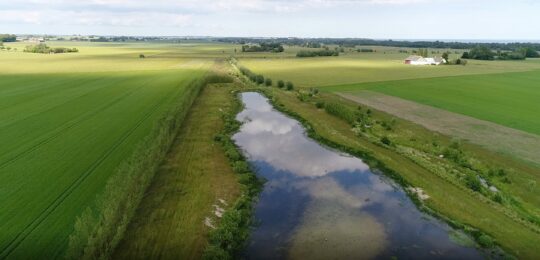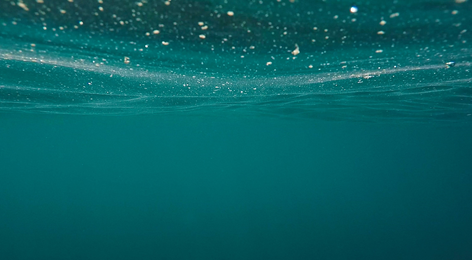Financing for a healthy Baltic Sea
The Baltic Sea Action Plan Fund (BSAP Fund) is an early-stage financing mechanism dedicated to expediting the implementation of the HELCOM Baltic Sea Action Plan (BSAP). The BSAP Fund facilitates and accelerates the preparation and implementation of projects that address the key challenges facing the Baltic Sea.
We finance private and public sector projects across the Baltic Sea region including cross boundary projects.
BSAP Fund key figures

2010
establishment of the BSAP Fund by Sweden and Finland

7x
additional investments generated by financing from BSAP Fund

74
projects with demonstration effects financed as of the end of 2023

8
Baltic Sea countries where funding is available
Accelerating the implementation of the Baltic Sea Action Plan
The Baltic Sea Action Plan (BSAP) was adopted by the HELCOM countries in 2007 to restore the ecological status of the Baltic marine environment. The plan was updated in 2021 and includes almost 200 actions focused on issues addressed in the original BSAP, such as biodiversity, eutrophication, hazardous substances, shipping and fisheries. It also includes new actions on marine litter, pharmaceuticals, underwater noise, and seabed disturbance.
The Baltic Sea Action Plan Fund was set up in 2010 to help quicken the implementation of the HELCOM Baltic Sea Action Plan. The primary objective of the BSAP Fund is to facilitate and accelerate the preparation and implementation of projects addressing the key challenges facing the Baltic Sea.
Early-stage financial support for projects across the Baltic Sea
Given the transboundary nature of many of the challenges facing the Baltic Sea, projects often need early-stage financial support for initiation and assessment of potential solutions. The support of the BSAP Fund enables project testing and evaluation of replicability and scalability, as well as assessment of financial viability.
Since the establishment of the BSAP Fund, more than 70 projects have received financing. The projects are spread across the Baltic Sea region. Most of the financed projects involve nutrient recycling, manure management, small-scale sanitation plants, wastewater treatment, alternative fuels, or harbour facilities for wastewater management.
Please view the list of signed projects under ‘Related documents’ on the bottom of this page.
Funding for addressing eutrophication, biodiversity and pollution
Although 97 per cent of the Baltic Sea is still impacted by eutrophication, the sea has experienced substantial environmental improvements thanks to various efforts in the catchment area. For example, the BSAP Fund has financed project preparation for several wastewater treatment plants across the Baltic Sea area.
The BSAP Fund has also made significant contributions towards fostering a healthy and resilient Baltic Sea ecosystem. About 80% of funded projects address biodiversity conservation or pollution prevention.
The BSAP Fund is a tool to accelerate concrete actions on marine biodiversity and contribute to the Sustainable Development Goals (SDGs) as well as the environmental political agenda of the countries in the Baltic Sea catchment area.
Contributors
Sweden and Finland initiated the BSAP Fund in 2010. The Fund welcomes new donors to take joint action for a healthy Baltic Sea.
The BSAP Fund is co-managed by the Nordic Investment Bank (NIB) and Nefco.
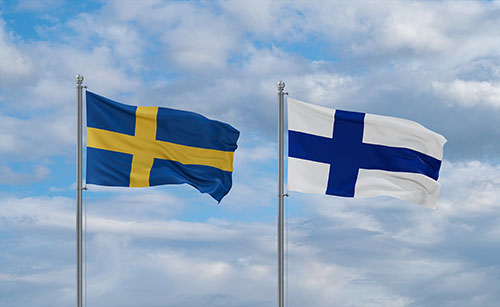
Contribute to the BSAP Fund to support global and local marine environmental goals
The BSAP Fund serves as a mechanism for its contributors to take concrete actions to achieve the BSAP goals for 2030 with the ultimate aim to reach a good environmental status for the Baltic Sea, a commitment shared by all HELCOM countries.
If you are interested in contributing to the BSAP Fund, please contact: bsapfund@nefco.int
Supporting global and local marine environmental goals
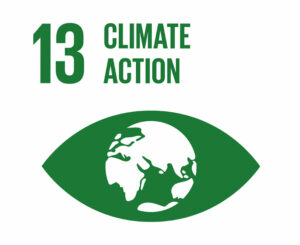
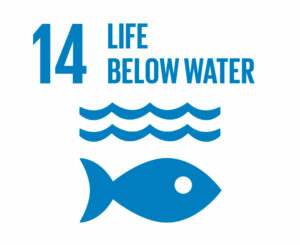
Contact us

Want to know more?
Submit your contact request and we will be in touch.
